To overcome the problems of traditional material numbering systems developed during the 1960s for distinguishing each material separately and standardize, a study was conducted. After an 18-month feasibility study and discussions with AISI, the Aluminum Association, the Copper Development Association, and the Steel Founders’ Society of America, the team recommended establishing the Unified Numbering System (UNS). The UNS numbering system is used by many engineering industries and is accepted globally.
What is a Unified Numbering System
The Unified Numbering System or UNS is a metal and alloy designation system managed jointly by ASTM International and SAE International. Each specific metal or alloy is assigned a UNS number that defines mainly its specific chemical composition, and sometimes specific mechanical or physical properties. So, the unified numbering system basically is a composition-based material numbering system where each metal/alloy is identified with a letter followed by five numbers.
Note that, a UNS number alone does not serve as the full specification of that material as it does not establish any requirements for material properties, heat treatment, form, or quality. A document SAE HS-1086 gives a cross-reference for various designation systems and the chemical composition of materials. Currently, there are more than 5200+ UNS designations for different metals and alloys.
Difference between UNS number and Material Specification
A UNS number only provides a specific chemical composition. The full material specification is not provided in the UNS number. Other material requirements such as mechanical properties, heat treatment, form, purpose, and testing methods are specified in the respective material specification. Various trade and professional organizations prepare these material specifications. Within a material specification, a number of different UNS numbers may be included.
UNS Number Format
Each UNS number is structured with a letter followed by five digits that designate the composition of the material. They have 18 series to identify metals and alloys. Out of these 18 series, 9 are for ferrous metals and alloys and the other 9 are for non-ferrous metals and alloys.
Letters used in the unified numbering system are A for Aluminum and Aluminum alloys, C for copper and copper alloys, D for specified mechanical property steels, E for Rare earth and rare earthlike metals and alloys, F for cast Irons, G for AISI and SAE carbon and alloy steels, H for AISI and SAE H-steels, J for Cast steels, K for Miscellaneous other steels and ferrous alloys, L for Low-melting metals and alloys, M for Miscellaneous nonferrous metals and alloys, N for Nickel and nickel alloys, P for Precious metals and alloys, R for Reactive and refractory metals and alloys, S for Stainless Steels, T for Tool Steels, W for Welding filler metals, and Z for Zinc and zinc alloys.
The first 3 digits usually match older 3-digit numbering systems, while the last 2-digits indicate modern variations. To give an example, Stainless Steel Type 310 in the original 3-digit system became S31000 in the UNS System. The more modern low-carbon variation, Type 310S, became S31008 in the UNS System. Sometimes the suffix digits represent a material property specification. For example, “08” in UNS S31008 represents the maximum allowed carbon content of that material is 0.08%.
Examples of Unified Numbering System for Common materials
Some of the common materials and translations to other standards are:
- UNS S31600 is SAE 316
- UNS K11547 is T2 tool steel
- UNS S17400 is ASTM grade 630, Cr-Ni 17-4PH precipitation hardened stainless steel
- UNS S30400 is SAE 304, Cr/Ni 18/10, Euronorm 1.4301 stainless steel
- UNS S31603 is 316L, a low-carbon version of 316. The digit “03” was assigned since the maximum allowed carbon content is 0.03%
- UNS C90300 is CDA 903
Refer to the table below which provides the description of numbers in the UNS numbering system.
| A00001-A99999 | Aluminum and aluminum alloys |
| A01001-A63562 | Aluminum Foundry Alloys, Ingot, or Casting |
| A82014-A87475 | Wrought Aluminum Alloys Clad with Wrought Aluminum Alloys, Non- or Heat Treatable |
| A91030- A91450 | Wrought Aluminum Alloys, Non-Heat Treatable |
| A93002-A95954 | Wrought Aluminum Alloys, Non-Heat Treatable |
| A98001-A98280 | Wrought Aluminum Alloys, Non-Heat Treatable |
| A92001-A92618 | Wrought Aluminum Alloys, Heat Treatable |
| A96002-A97472 | Wrought Aluminum Alloys, Heat Treatable |
| C00001-C99999 | Copper and copper alloys |
| Wrought Alloys | |
| C10100-C15760 | Pure and Low Alloyed Copper (>99%Cu) |
| C16200-C16500 | Cadmium Copper |
| C17000-C17700 | Copper-Beryllium Alloy (Beryllium Bronzes) |
| C18000-C19900 | Copper and High Copper Alloys (>96%Cu) |
| C20500-C29800 | Brasses (Cu-Zn) |
| C31000-C35600 | Leaded Brasses (Cu-Zn-Pb ) |
| C40400-C49080 | Tin Brasses (Cu-Zn-Sn-Pb) |
| C50100-C52900 | Phosphor bronzes (Cu-Sn-P) |
| C53200-C54800 | Leaded Phosphor Bronzes |
| C55180-C56000 | Cu-Ag-P and Cu-P Brazing Filler Metal |
| C60600-C64400 | Aluminum Bronzes |
| C64700-C66100 | Silicon Bronzes |
| C66200-C66420 | Copper Alloys |
| C66700-C67820 | Manganese Bronzes |
| C68000-C69950 | Silicon Brasses and Other Copper-Zinc Alloys |
| C70100-C72950 | Copper-Nickel Alloys |
| C73150-C79900 | Nickel Silvers and Leaded Nickel Silvers |
| Cast alloys | |
| C80100-C81200 | Cast Coppers (>99%Cu) |
| C81300-C82800 | Cast Chromium Copper and Beryllium Copper Alloys (>96%Cu) |
| C83300-C85800 | Cast Red, Yellow and Leaded Brasses |
| C86100-C86800 | Cast Manganese Bronzes and Leaded Manganese Bronzes |
| C87300-C87900 | Cast Silicon Brasses and Bronzes |
| C89320-C89940 | Cast Cu-Sn-Bi-(Se, Zn, Ni) Alloys |
| C90200-C94500 | Tin Bronzes and Leaded Tin Bronzes |
| C94700-C94900 | Cast Nickel-Tin Bronzes |
| C95200-C95810 | Cast Aluminum Bronzes |
| C96200-C96800 | Cast Copper-Nickel Alloys |
| C97300-C97800 | Cast Nickel-Silver Alloys |
| C98200-C98840 | Cast Leaded Copper Alloys |
| C99300-C99750 | Cast Copper Alloys |
| D00001-D99999 | Steels with specified mechanical properties |
| D40450-D40900 | Carbon Steels |
| D50400-D52101 | Alloy Steels Casting |
| E00001-E99999 | Rare earth and rare earth-like metals and alloys |
| E00000-E00999 | Actinium |
| EO1000-E20999 | Cerium |
| E21000-E45999 | Mixed rare earth |
| E46000-E47999 | Dysprosium |
| E48000-E49999 | Erbium |
| E50000-E51999 | Europium |
| E52000-E55999 | Gadolinium |
| E56000-E57999 | Holmium |
| E58000-E67999 | Lanthanum |
| E68000-E68999 | Lutetium |
| E69000-E73999 | Neodymium |
| E74000-E77999 | Praseodymium |
| E78000-E78999 | Promethium |
| E79000-E82999 | Samarium |
| E83000-E84999 | Scandium |
| E85000-E86999 | Terbium |
| E87000-E87999 | Thulium |
| E88000-E89999 | Ytterbium |
| E90000-E99999 | Yttrium |
| F00001-F99999 | Cast irons |
| F 10001-F15501 | Cast Iron, Gray |
| F 10090-F10920 | Cast Iron Welding Filler Metal |
| F 20000-F22400 | Cast Iron, Malleable |
| F 22830-F26230 | Cast Iron, Pearlitic Malleable |
| F 30000-F36200 | Cast Iron, Ductile (Nodular) |
| F 41000-F41007 | Cast Iron, Gray, Austenitic |
| F 43000- F43030 | Cast Iron, Ductile (Nodular), Austenitic |
| F45000 F 45009 | Cast Iron, White |
| F47001-F47006 | Cast Iron, Corrosion |
| G00001-G99999 | AISI and SAE carbon and alloy steels (except tool steels) |
| G10050-G10950 | Carbon Steel |
| G15130-G15900 | Carbon Steel |
| G11080-G11510 | Desulfurized Carbon Steel |
| G12110-G12150 | Rephosphorized and Resulfurized Carbon Steel |
| G13300-G13450 | Mn Alloy Steel |
| G40120-G48200 | Mo Alloy Steel, Cr-Mo Alloy Steel, Ni-Cr-Mo Alloy Steel, Ni-Mo Alloy Steel |
| G81150-G88220 | Ni-Cr-Mo Alloy Steel |
| G50150-G52986 | Cr Alloy Steel, Cr-B Alloy Steel |
| G61180-G61500 | Cr-V Alloy Steel |
| G92540-G98500 | Cr-Si Alloy Steel, Si-Mn Alloy Steel, Cr-S-Mn Alloy Steel, Ni-Cr-Mo Alloy Steel, Ni-Cr-Mo-B Alloy Steel |
| H00001-H99999 | AISI and SAE H-steels |
| H10380-H15621 | H-Carbon Steel, C-Mn H-Alloy Steel, C-B H Carbon Steel, Mn H-Carbon Steel, B- Mn H -Carbon Steel |
| H40270-H48200 | C-Mo H-Alloy Steel, Cr-Mo H-Alloy Steel Ni-Mo H-Alloy Steel |
| H50401-H51601 | C-Cr-B H-Alloy Steel, C-Cr H-Alloy Steel |
| H61180-H61500 | Cr-V H-Alloy Steel |
| H81451-H94301 | Ni-Cr-Mo H-Alloy Steel |
| J00001-J99999 | Cast steels (except tool steels) |
| J01700-J05003 | Carbon Steel Casting |
| J11442-J84090 | Alloy Steel Casting |
| J91100-J92001 | Austenitic Manganese Steel Casting, Alloy Steel Casting |
| J92110-J93000 | Alloy Steel Casting Precipitation Hardening, Alloy Steel Casting, Cast Cr-Ni-Mo Stainless Steel, Cast Cr-Ni Stainless Steel, Cast Cr-Mn-Ni-Si-N Stainless Steel |
| J93001-J95705 | Stainless Steel Casting, Cast Cr-Ni-Mo Stainless Steel, Alloy Steel Casting, Maraging Cast Ferritic-Austenitic Stainless Steel, Duplex Alloy Steel Casting, Alloy Steel Casting |
| K00001-K99999 | Miscellaneous steels and ferrous alloys |
| K00040-K08500 | Carbon Steel, Carbon Steel with Special Magnetic Properties, Steel Welding Rod, Enameling Steel |
| K10614-K52440 | Alloy Steel, Alloy Steel Electrode and Welding Wire, High-Strength Low-Alloy Steel |
| K90901-K95000 | Alloy Steel, Superstrength; Ferritic Cr-Mo-V Steel; Manganese Steel, Nonmagnetic; Ni-Co Steel Welding Wire; Iron, Electrical Heating Element Alloy; Iron Thermostat Alloy; Martensitic Age-Hardenable Alloy; Maraging Alloy; Fe-Co Soft Magnetic Alloy; Nickel Steel; Invar; Iron, Nickel Sealing Alloy; etc. |
| L00001-L99999 | Low-melting metals and alloys |
| L00001-L00999 | Bismuth |
| L01001-L01999 | Cadmium |
| L02001-L02999 | Cesium |
| L03001-L03999 | Gallium |
| L04001-L04999 | Indium |
| L06001-L06999 | Lithium |
| L07001-L07999 | Mercury |
| L08001-L08999 | Potassium |
| L09001-L09999 | Rubidium |
| L10001-L10999 | Selenium |
| L11001-L11999 | Sodium |
| L13001-L13999 | Tin |
| L50001-L59999 | Lead |
| M00001-M99999 | Miscellaneous nonferrous metals and alloys |
| M00001-M00999 | Antimony |
| M01001-M01999 | Arsenic |
| M02001-M02999 | Barium |
| M03001-M03999 | Calcium |
| M04001-M04999 | Germanium |
| M05001-M05999 | Plutonium |
| M06001-M06999 | Strontium |
| M07001-M07999 | Tellurium |
| M08001-M08999 | Uranium |
| M10001-M19999 | Magnesium |
| M20001-M29999 | Manganese |
| M30001-M39999 | Silicon |
| N00001 to N99999 | Nickel and nickel alloys |
| P00001-P99999 | Precious metals and alloys |
| P00001-P00999 | Gold |
| P01001-P01999 | Iridium |
| P02001-P02999 | Osmium |
| P03001-P03999 | Palladium |
| P04001-P04999 | Platinum |
| P05001-P05999 | Rhodium |
| P06001-P06999 | Ruthenium |
| P07001-P07999 | Silver |
| R00001-R99999 | Reactive and refractory metals and alloys |
| R01001-R01999 | Boron |
| R02001.R02999 | Hafnium |
| R03001-R03999 | Molybdenum |
| R04001.R04999 | Niobium (Columbium) |
| R05001-R05999 | Tantalum |
| R06001-R06999 | Thorium |
| R07001.R07999 | Tungsten |
| R08001-R08999 | Vanadium |
| R10001.R19999 | Beryllium |
| R20001-R29999 | Chromium |
| R30001.R39999 | Cobalt |
| R40001.R49999 | Rhenium |
| R50001-R59999 | Titanium |
| R60001-R69999 | Zirconium |
| S00001-S99999 | Heat and corrosion-resistant steels (stainless), valve steels, iron-base “superalloys“ |
| S13800-S17780 | Precipitation Hardenable Cr-Ni-Al-Mo-(Cu, Ti) Stainless Steels |
| S20100-S39000 | Austenitic Cr-Mn-Ni (Si, Mo, Cu, Al) Stainless Steel; Thermal Spray Wire; Austenitic Cr-Mn-Ni Stainless Steel and Welding Filler Metal; Austenitic Cr-Ni Heat-Resisting Steel and Welding Filler Metal; Precipitation Hardenable Cr-Ni-(Si, Ti, Mo, Al) Stainless Steel, etc. |
| S40300-S46800 | Martensitic Cr Stainless Steel; Ferritic Cr Stainless Steel with Ti or Ni or Mo; Martensitic Cr-Ni-Mo Stainless Steel; Hardenable Cr Stainless Steel |
| S50100-S50500 | Cr Heat Resisting Steels and Filler Metal |
| S63005-S64007 | Valve Steel |
| S65006-S65007 | Valve Steel |
| S65150-S67956 | Iron Base Superalloy |
| T00001-T99999 | Tool steels, wrought, and cast |
| T11301-T12015 | High-Speed Tool Steels |
| T20810-T20843 | Hot-Work Tool Steels |
| T30102-T 30407 | Cold Work Tool Steels |
| T31501-S31507 | Oil-Hardening Steels |
| T41901-T41907 | Shock-Resisting Tool Steels |
| T51602-T51621 | Mold Steels |
| T60601-T60602 | C-W Tool Steels |
| T61202-T61206 | Low-Alloy Tool Steels |
| T72301-T72305 | Water Hardening Tool Steels |
| T74000-T75008 | Cr-Steels Solid Welding Wire for Machinable Surfaces and Tool and Die Surfaces |
| T87510-T87520 | Thermal Spray Wire |
| T90102-T91907 | Cast Tool Steels |
| W00001-W99999 | Welding filler metals, classified by weld deposit composition |
| W60000-W69999 | Copper base alloys |
| W70000-W79999 | Surfacing alloys |
| W80000-W89999 | Nickel base alloys |
| Z00001-Z99999 | Zinc and zinc alloys |
Importance of UNS (Unified Numbering System)
Various trade associations, societies, and individual users and producers of metals and alloys use the UNS system to avoid confusion. The system provides a uniform approach and proficient indexing which helps in record keeping, data storage, retrieval, and cross-referencing. Using UNS numbers metal and alloy identification becomes much easier.
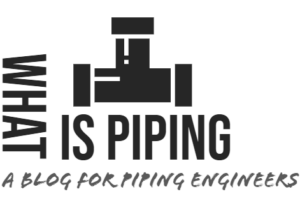
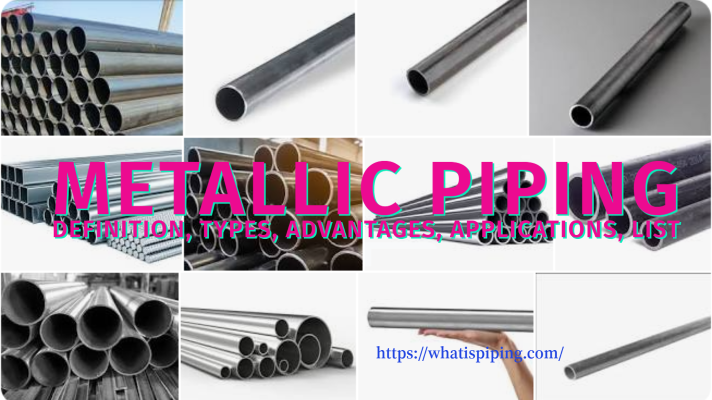

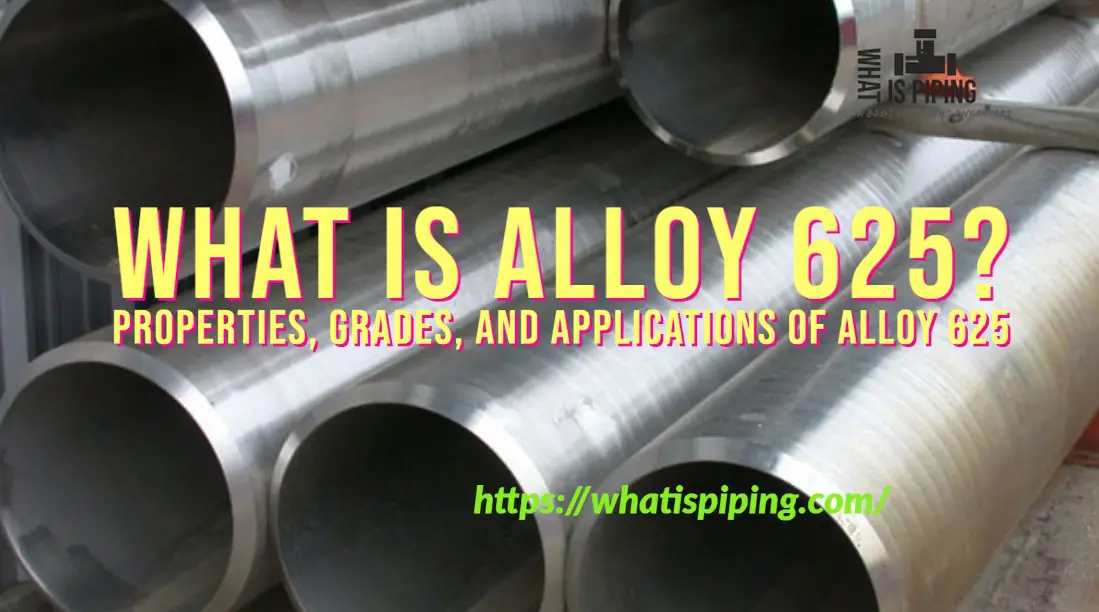
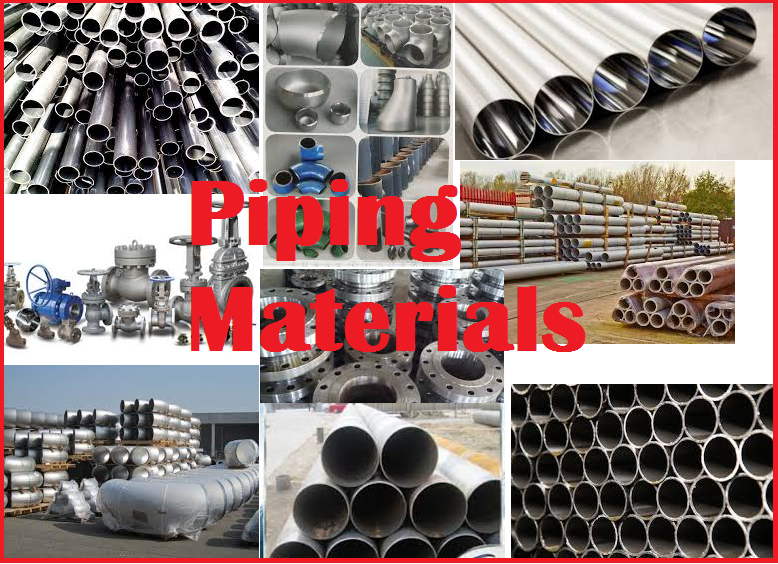
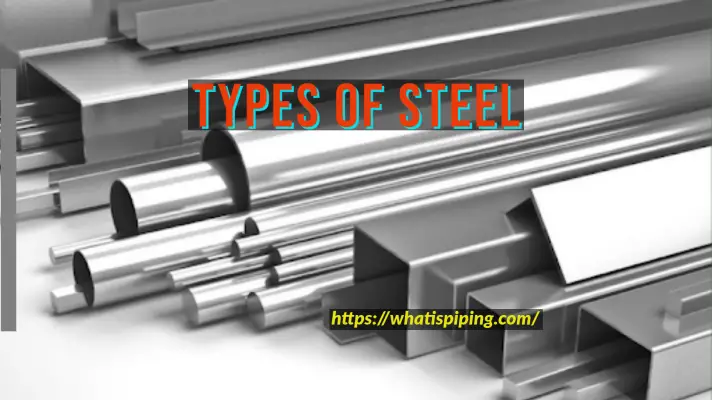
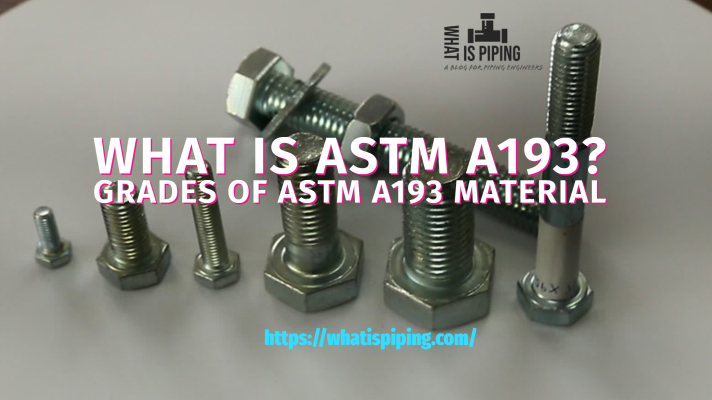
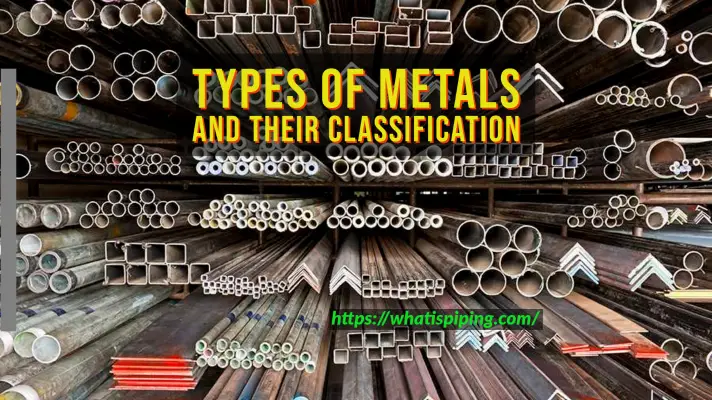
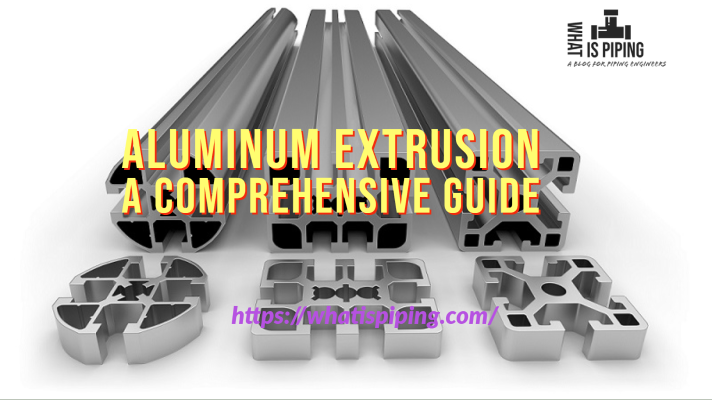
Thanx for your list of UNS numbers.
What is PE195
Can we assign UNS numbers to JIS materials?